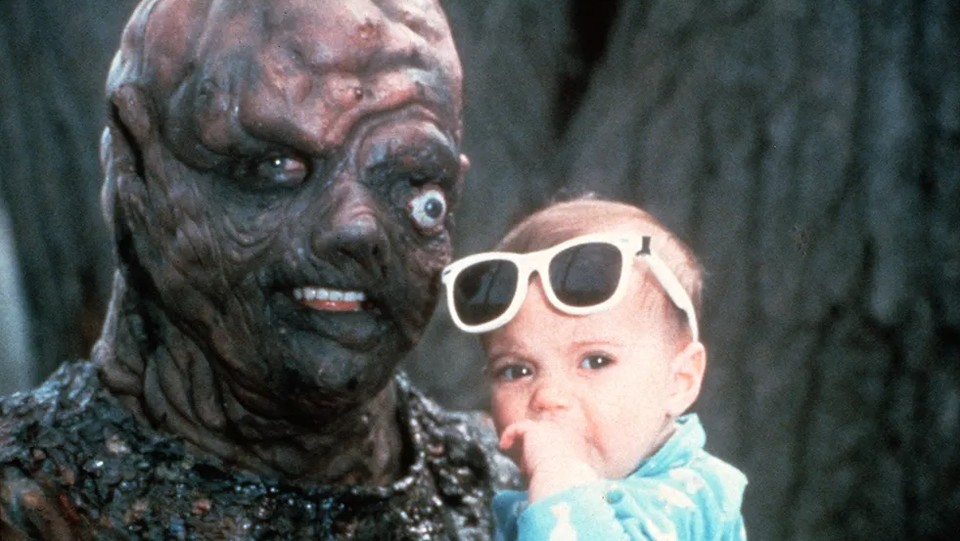The major platforms combine paid options, now intended for the greatest number. But none of them mean the end of personalized advertising and massive data collection.
“It’s free (and always will be).” This slogan, displayed on Facebook’s home page until 2019, has long sounded obvious for all social networks: in exchange for the use of their personal data for advertising purposes, Internet users had access to all social networks for free.
Freemium model
But as Facebook sees revenue plummet for the first time, Twitter still fails to turn a profit, and Instagram is overtaken by TikTok, a new trend seems to be emerging: Like many video games, social networks are turning towards “freemium” to supplement their income: a hybrid model, which offers free use, but which involves paying to take advantage of all the functions.
This February 19, Facebook and Instagram (through their common boss Mark Zuckerberg) announced the launch of a paid plan in Australia, billed the equivalent of fifteen euros per month. The company thus imitates Twitter, whose owner Elon Musk launched the Twitter Blue subscription a few weeks earlier, at an equivalent price.
The recipe is identical and primarily plays on the ego of Internet users: at Elon Musk as at Mark Zuckerberg, the main reward is none other than the coveted blue certification badge. A symbol historically reserved for the most followed accounts on these platforms in order to avoid any identity theft, now displayed as a fashion artifice.
Two-speed operation
Now accessible to as many people as possible, for a fee, this blue badge is still sold as a guarantee of security, at least on the Facebook and Instagram side, with verification of the identity document.
Another point in common between the formulas of Facebook and Twitter: they both promise a user to gain popularity, by seeing their publications propelled by the recommendation algorithm.
This two-speed operation should be widely extended in the coming months, including to professionals. “Ultimately, we want to build a relevant subscription offer for everyone, whether private users, companies and all Internet users” explain like Facebook.
The company is thus counting on the emulation caused by these new tools so that the accounts which have not paid are sufficiently penalized and end up opting for the “premium” formula.
“It pays, but you are still the product”
Despite these additional options and the rather high price of the formulas of Twitter and Facebook, none plans to remove targeted advertising. If Elon Musk’s platform promises to halve the number of commercial publications, the subscriber will not be able to benefit from an environment devoid of these ads.
Since their inception, the managers of these platforms have ensured that the dissemination of advertising is the essential condition for their free access. From now on, users will be both forced to face it, while being encouraged to pay, including for functions that relate to the simple security of their account.
Going to the checkout is indeed essential for Facebook or Instagram to deign to help you in the event of identity theft, while Twitter deprives Internet users of two-factor authentication by SMS reluctant to afford its paid formula.
Since the advent of social media, the adage “if it’s free, you’re the product” has entered popular culture. The formula “it pays, but you are still the product”, could soon succeed it.


